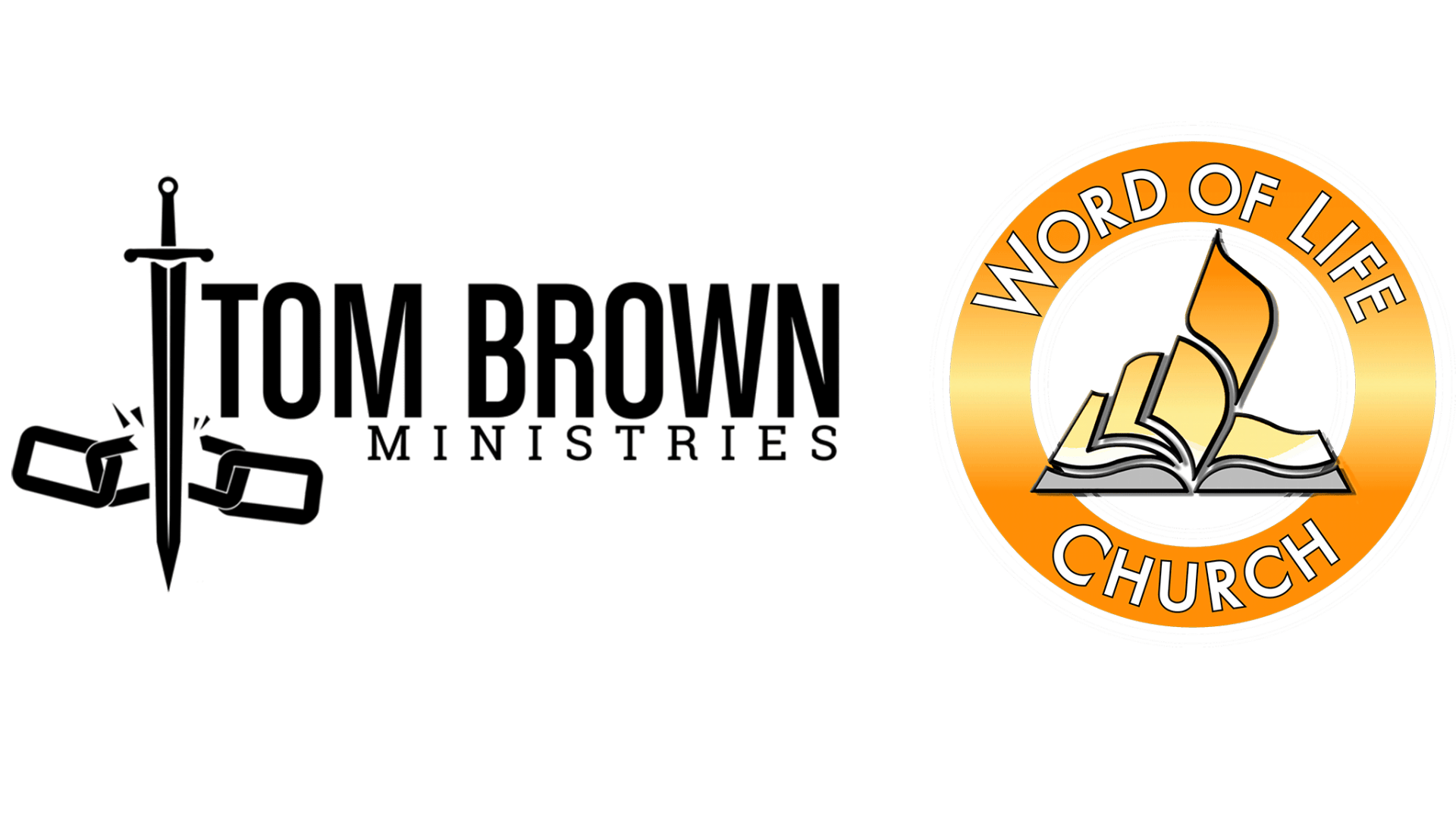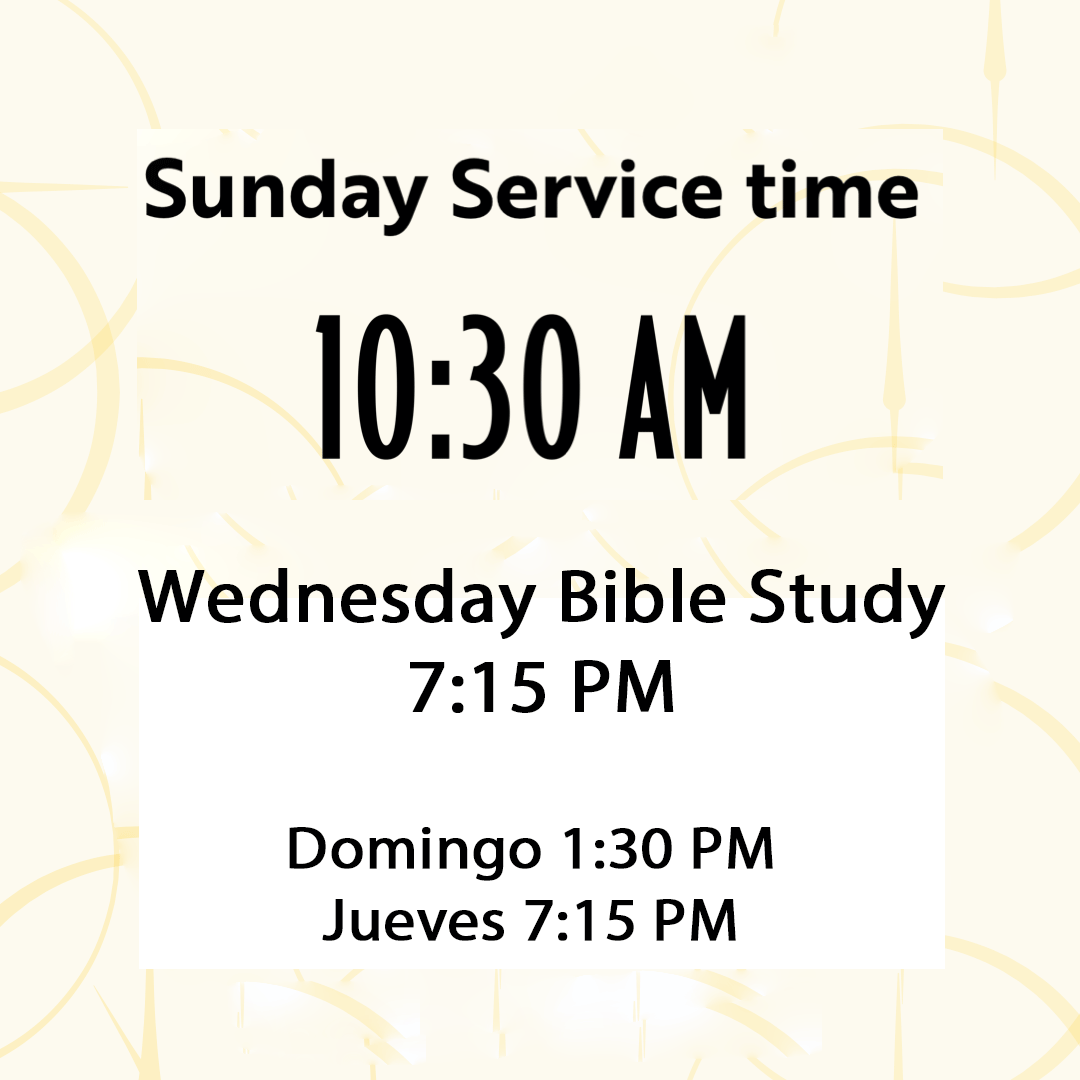The Separation of Church and State
There is much said about the separation of church and state. However, there is nothing in the constitution that uses this phrase. Instead the First Amendment says, “Congress shall make no law respecting an establishment of religion or prohibiting the free exercise thereof…”
Uninformed people, usually those who hate religion, twist the meaning of the Amendment; they basically say that the church should stay out of politics. But notice the Amendment says nothing that restricts religion or the church from government. Instead it restricts “Congress” not the church. It also frees those who believe in their religion to exercise their religion as they see fit.
One of the founders of our country, James Madison, expressed his understanding of the Amendment: “The civil rights of none shall be abridged on account of religious belief or worship, nor shall any national religion be established.” Here he makes it clear that the Amendment is simply forbidding a national religion, but he also cautions that the Amendment shall not abridge anyone of his civil rights because he holds to a particular religious belief. I see many trying to hinder the civil rights of those with religious convictions. They cry foul when someone with deep conviction speaks his mind.
In my city of El Paso, the City Council recently took away the rights of churches to be polling places, simply because the church voiced their opinions against the council’s action. In my view, this is discriminatory and the Council’s action is intended to intimidate the church from exercising their freedom of speech. If the government uses its power to punish those who disagree, then is that not against the constitution? If the City Council is right to remove churches because they are outspoken against certain sins, then should not schools be removed from polling places when school bond elections are held? Let’s see if the City Council is consistent with their actions.
There is also another reference about government and religion; it is found in Article VI, Section 3: “[No] religious test shall ever be required as a qualification to any office or public trust under the United States.” This simply means anyone, no matter what they believe, can be a government official. This means even clergy can sit in a public office. But the moment someone in the clergy runs for office, or even the clergy’s spouse, people declare it wrong and claim there is a separation of church and state. Yet to try to restrict the clergy from influencing government is actually unconstitutional. Clergy are citizens too. Everyone including the clergy has a right to be involved in government. Many of the founders of our country had theological degrees. Even some pastors were also governmental officials. Why is it that we do not mind lawyers running for office, but not ministers? Who do you trust more? How far has our country fallen when they think clergy cannot be public officials!?
The IRS set guidelines for what the clergy can or cannot do in order to maintain the church’s tax exempt status. Basically a pastor can do anything, including telling people how to vote on specific issues, except using the pulpit during the religious service to endorse a “person” for office. Now a minister can endorse anyone, including through the media or outside the pulpit, but he or she cannot do it during the worship service time. I have always followed these guidelines, even though I personally think the guidelines are unconstitutional. There is a major law firm which protects religious liberties that is hoping the IRS tries to revoke a church of its tax exempt status if it endorses candidates. They are at the wings waiting for such a case so it can be brought before the US Supreme Court. They are confident that the Court will side with the rights of pastors to say or endorse whoever they want at any time. However, the IRS has been reluctant to take on such a case. I think they prefer to allow fear to rule the pulpits than to once and for all remove the fear when the Supreme Courts rules in favor of religious liberties.
Pastors do not be afraid to speak up and speak out for the truth. Will there be ramifications if you do? Possibly. But do not cave in to fear. We are not called to be cowards but to be fearless. John the Baptist spoke against Herod, a public official. Yes, it landed him in jail, but he was a hero and a great martyr for the kingdom of God. May we all be bold and speak the truth in love to a society and a government that have lost its way.
David and Goliath
I was invited to speak to a group of civic-minded pastors in Austin, Texas. When I arrived, I was escorted to the front and there I heard from Governor Rick Perry talk about his Christian faith and what it means to be led by the Spirit. I was encouraged by the words of the Lieutenant Governor as he spoke on role of God and government. I was especially heartened to hear from the Attorney General talk about his defense of the Texas Constitution that prohibits same-sex marriage, as well as his defense of the Ten Commandments displayed at the Texas Capitol. I heard from Texas senators talk about bills protecting the lives of unborn children. I heard from a Judge of the Texas Supreme Court emphasized how it is the duties for judges to apply the Law not legislate from the bench.
At the end, I was asked to come forward to share my story in El Paso. They wanted to know how I helped lead a movement to overturn an anti-marriage policy in El Paso. I told them how I first got involved. I was asked by Barney Field, president of El Paso Pastors for Jesus, to come and show up at city council. I tried to talk the council from implementing a health plan that would reward out-of-wedlock couples by giving the unmarried partners of city employee’s health benefits. My words fell on deaf ears. So we formed a group called El Pasoans for Traditional Family Values. We put together two petitions so the voters could vote directly on the issue. The voters overwhelmingly voted to support traditional family values.
I explained to the pastors that at first I was not interested in fighting anything or anyone, but soon it became apparent that the homosexual activists were using the government to endorse their sinful behavior. While people are free to live anyway they want they are not entitled to pick the pockets of tax payers to endorse their lifestyle choices. I did not pick a fight with anyone; it was the government picking a fight with the church. They were attacking church teaching and the Bible. They were chipping away at biblical and traditional morality as well as undermining the Texas Constitution. What was I suppose to do when I saw this? Close a blind eye to an obvious attack against God and His church? No.
As I was sharing this story with the pastors, a revelation came to me. I saw in my mind’s eye David, the shepherd, arriving to feed his brothers when all of a sudden he heard Goliath defy God and His people (1 Sam 17). He could not understand how no one was willing to confront this giant. David did not come to fight anyone; he just wanted to feed his brothers. I felt like David. I was simply interested in feeding my brothers the Word of God. But in the process I encountered a battle. I did not want to get into a fight; but the fight got into me. A heard a defiant council spurning morality. When I saw their defiance and hatred toward what was good, I heard the call of God to fight. Yet as David looked around him, he saw his brothers hiding.
This mini vision was moving me as I spoke to the pastors. I told them there are two types of pastors: one is like David—they are not looking to fight but feed God’s people—however they recognize there is a battle going on for the soul of America. And they are willing to fight. Then I saw another group of pastors: they are like David’s brothers, hiding from the battle. They are afraid of losing—losing their members if they get into a fight with the radical homosexual activists. Those pastors are acting cowardly.
I called on the pastors at that conference to stand and fight. Don’t be afraid of losing. Stand up for the truth. The message I shared with them is the message I share with you, my dear pastor friend. I know you are not looking to fight—neither was I—but be honest, you see the war going on, and what will you do? I believe you will fight for your country and fight to protect marriage.
A Christian Official
Finally, it should be obvious that any Christian who wins a public office must always respect the differing views including different religions. A public servant, no matter his faith, must represent everyone. People should not be alarmed when sincere Christians run for office. After all, our Lord teaches us to love our neighbor. Jesus teaches us to follow the golden rule: do unto others as you would have them do to you. Jesus gave a parable of the Good Samaritan with the chief moral aim to show us that our neighbors are often very different from us. How are these values a threat to anyone? A true believer who is elected to office believes in mutual respect and will reach out to anyone that needs his or her help, and at the same time stand up for the truth.

